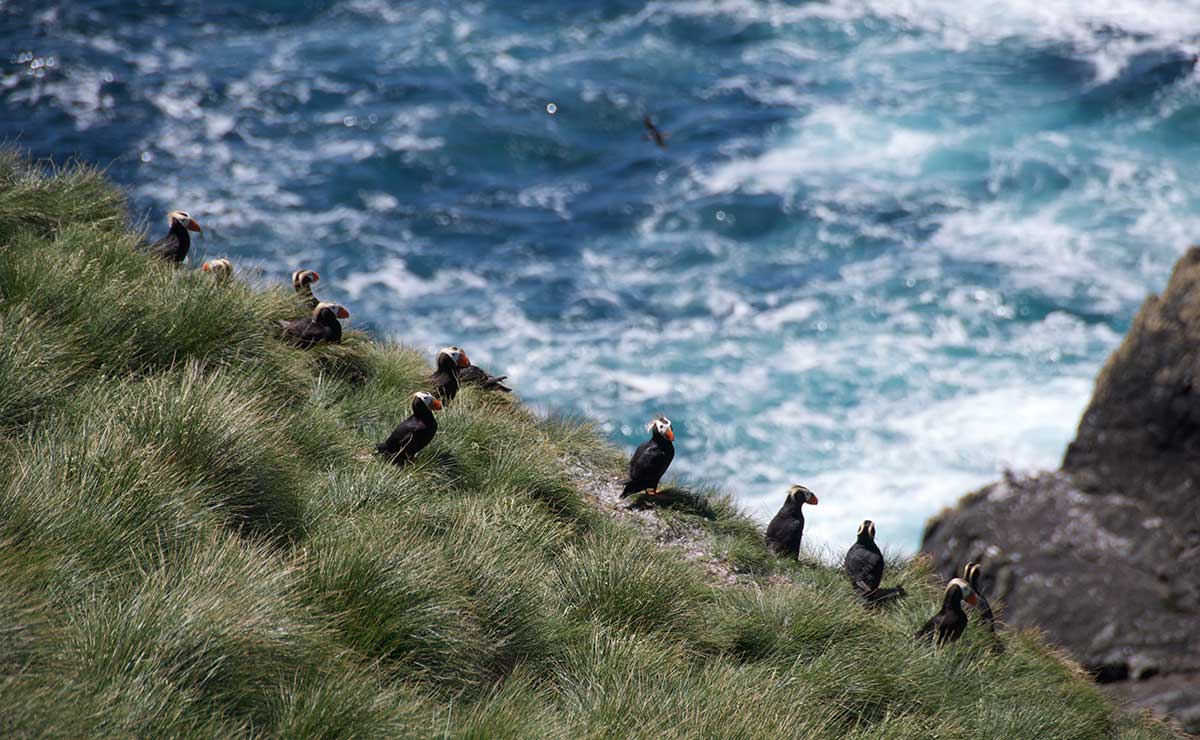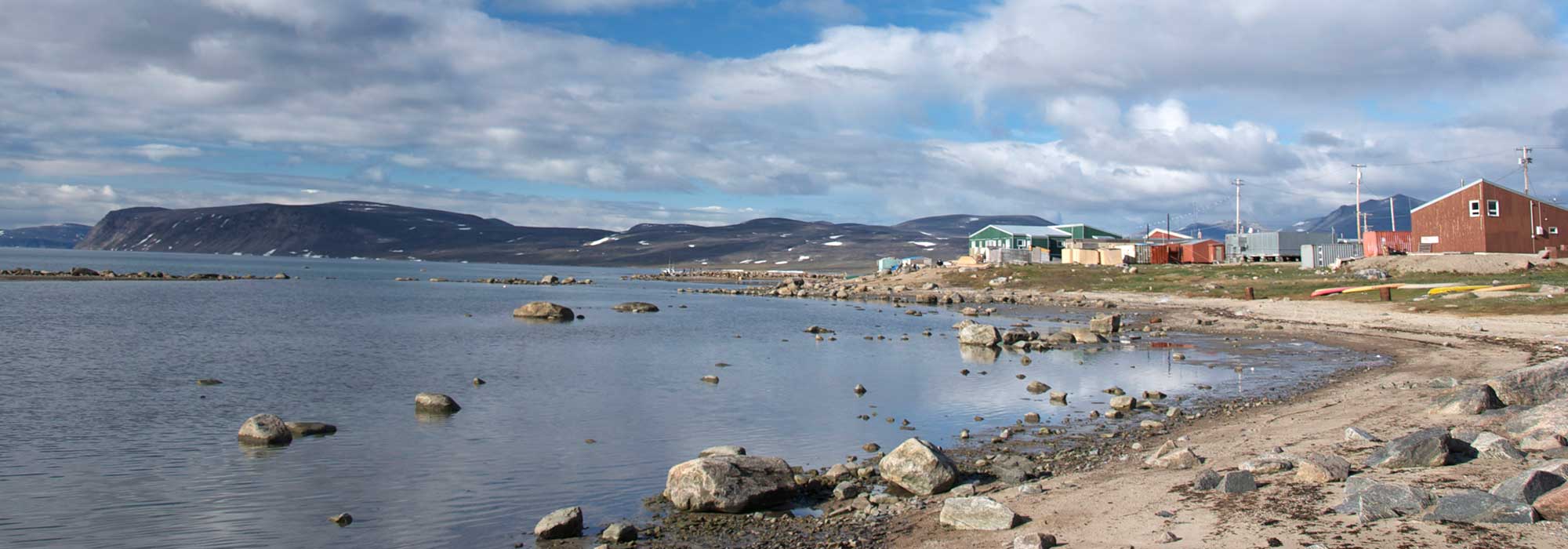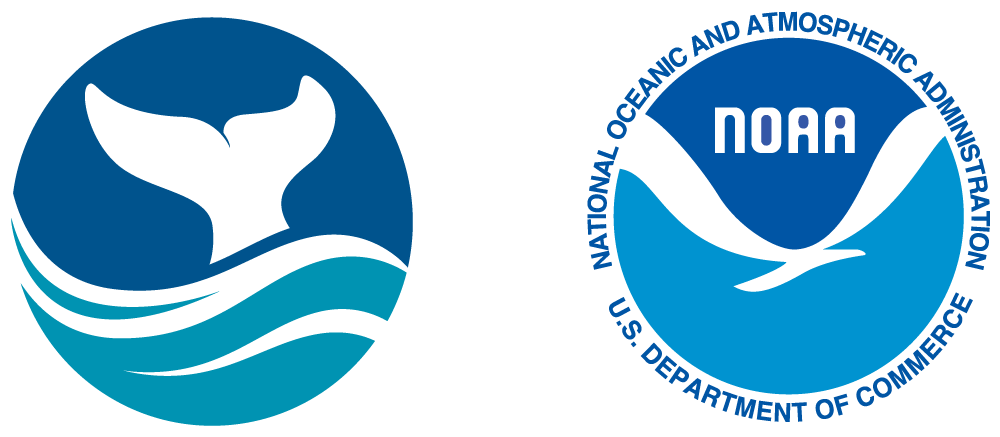Environment and Climate Change Canada (ECCC) is a national and international leader in advancing, connecting, and applying scientific understanding to address the most pressing environmental issues.

It is Canada’s lead department in addressing threats from pollution, monitoring water and climate conditions, conserving and restoring Canada’s natural environment, enforcing environmental laws, and capitalizing on economic opportunities that fighting climate change presents.
Environment and Climate Change Canada works in partnership with provinces, territories, Indigenous Peoples, the scientific community, and others to protect and conserve Canada’s natural heritage, ensuring a clean, safe and sustainable environment for present and future generations.
Canada’s Nature Legacy: Protecting our nature
In the face of population growth, urbanization, industrial development, and global climate change, Canada has established domestic and international biodiversity goals to protect 30 per cent of its lands and ocean by 2030. To support these goals, the Government of Canada invested a historic $1.35 billion in Budget 2018 to support work with other governments, Indigenous groups, non-profit organizations, and others.
Find out more about Canada’s Nature Legacy
National Wildlife Areas
Under the Canada Wildlife Act, ECCC creates and manages National Wildlife Areas (NWAs) to conserve wildlife, and create opportunities for research, and interpretation.
The department uses an ecosystem approach to manage and plan for National Wildlife Areas. This ecosystem includes 55 National Wildlife Areas across Canada that protect over 2.1 million hectares of habitat, including over 1.5 million hectares of marine habitat.
At the request of Inuit organisations in Nunavut, three National Wildlife Areas were designated on Baffin Island (2010) in the context of the Nunavut Land Claims Agreement Act. They protect 4,490km2 of Nunavut’s marine environment and habitat for a variety of fish, seabird and marine mammal species, including important concentrations of beluga and bowhead whales.
The Scott Islands marine National Wildlife Area was the first protected marine area established under the Canada Wildlife Act in June, 2018. It includes five islands and surrounding marine waters located off the northwestern tip of Vancouver Island, British Columbia. The Scott Islands are one of the most diverse marine ecosystems on Canada’s Pacific coast.
Find out more about Canada’s marine National Wildlife Areas:
- Akpait (Inuktitut for “murres”), Nunavut
- Ninginganiq (Inuktitut for “the place where fog sits”), Nunavut
- Qaqulluit (Inuktitut for “northern fulmar”), Nunavut
- Scott Islands, British Columbia



















